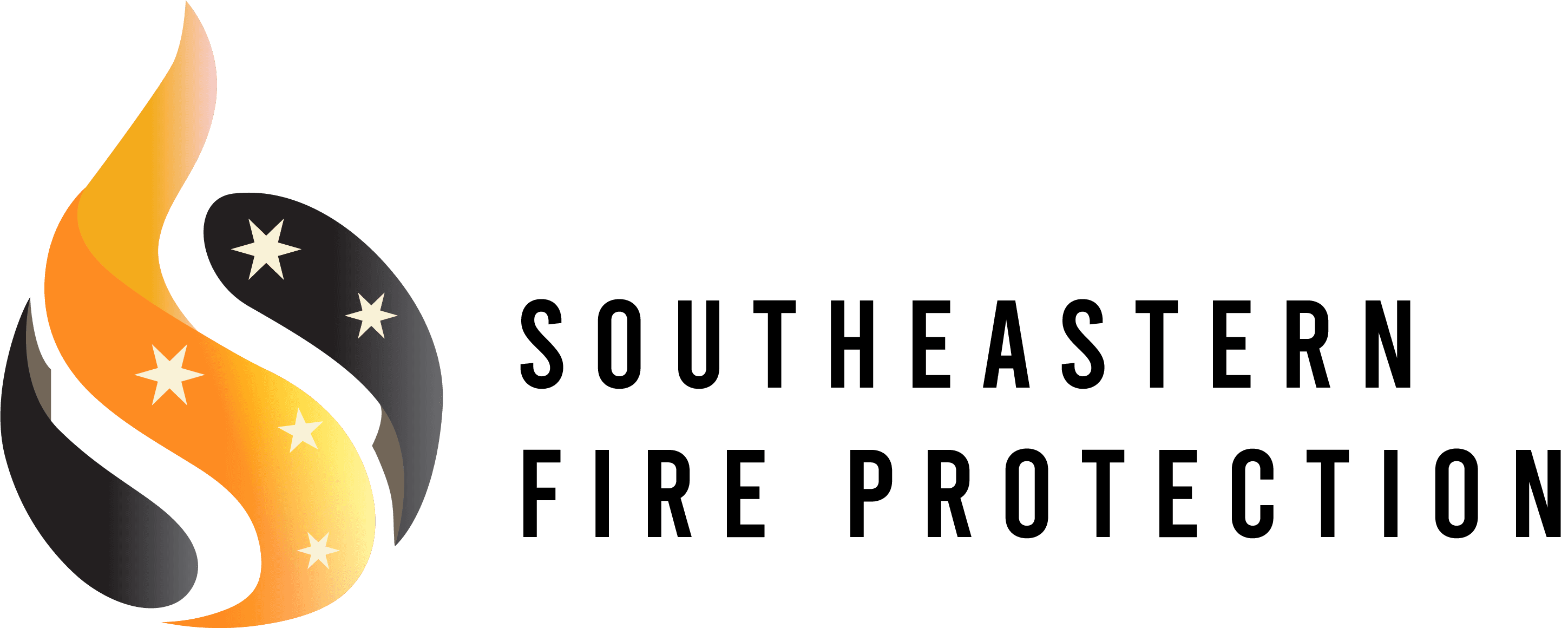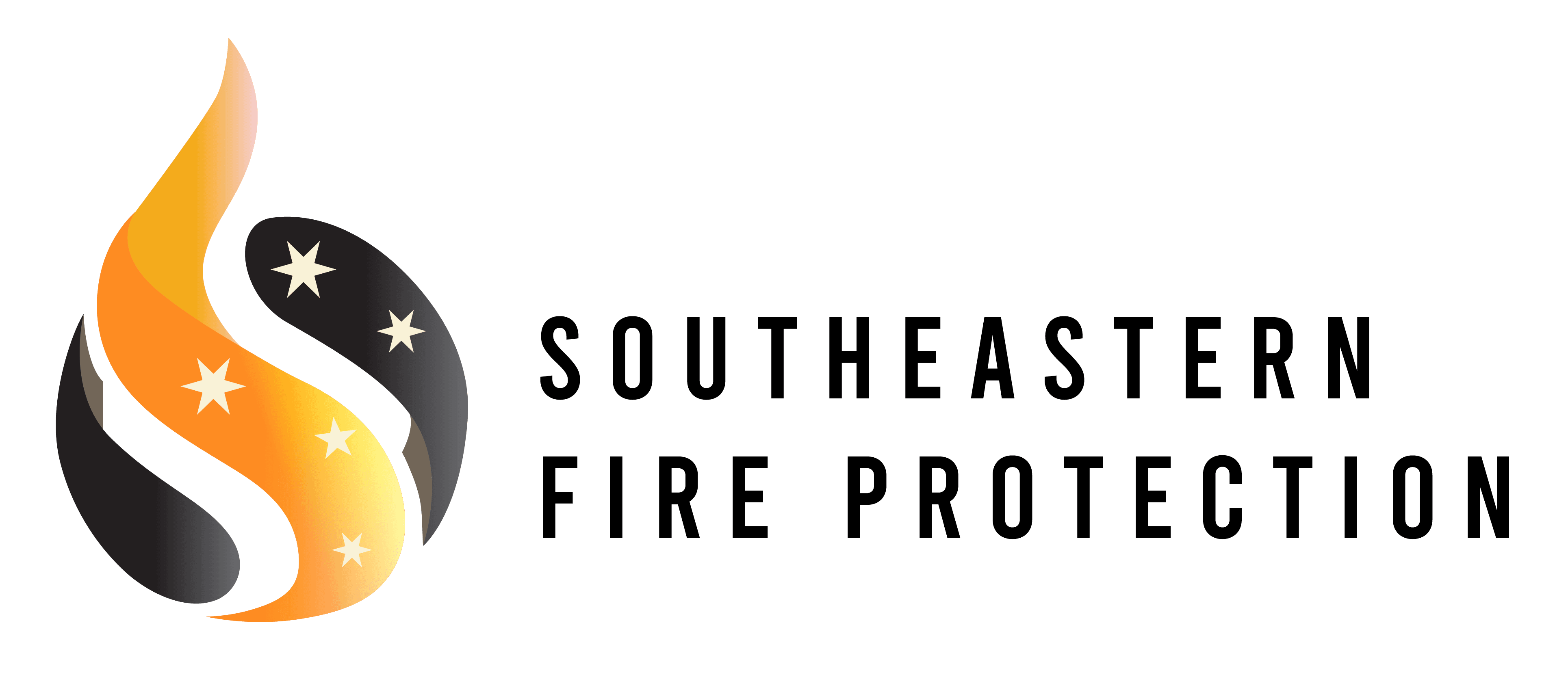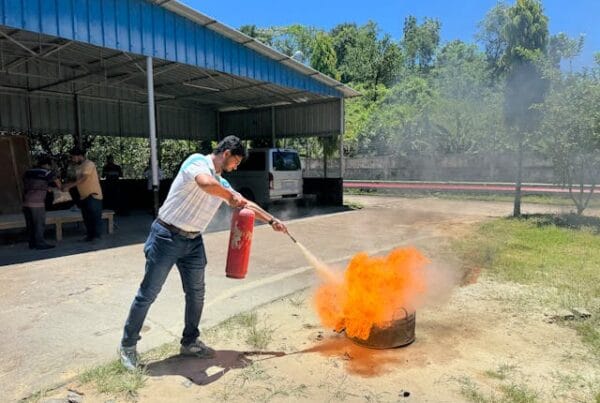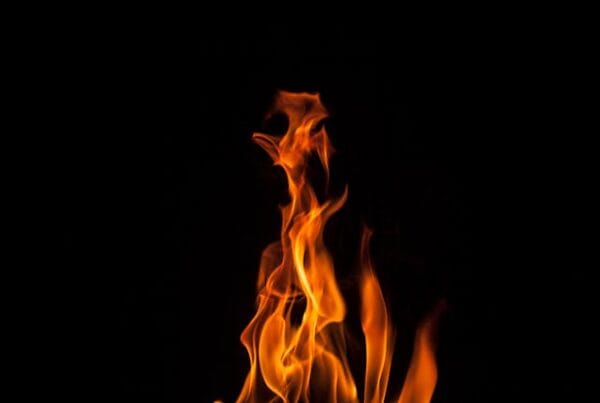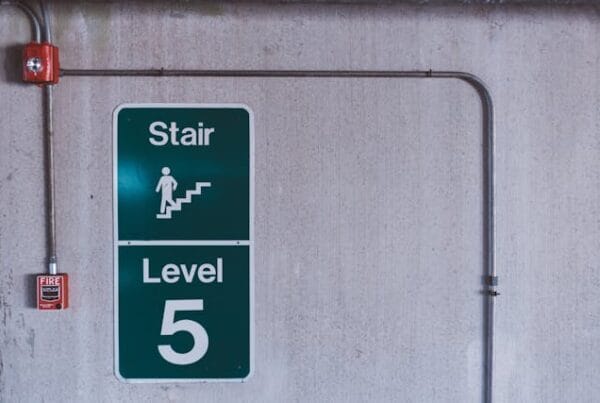
For many large commercial, industrial, or high-rise buildings in Virginia, the fire pump is the heart of the fire suppression system. When the municipal water pressure is insufficient to meet the demands of a building’s fire sprinkler installation or standpipe system, a fire pump steps in to boost the pressure, ensuring adequate water flow during a fire event. A malfunctioning fire pump can render your entire sprinkler system ineffective, turning a minor incident into a catastrophe. This is why a meticulous fire pump inspection in Virginia is not merely a suggestion, but a critical, code-mandated requirement under NFPA 25. At Sefirepro, we are specialists in fire pump ITM (Inspection, Testing, and Maintenance) for properties across Hampton Roads.
Ensuring your fire pump is always ready to perform is paramount for life safety and property protection. Neglecting its maintenance can lead to non-compliance, insurance issues, and a catastrophic failure when it’s needed most. If you’re trying to choose the right pump, our article on choosing a fire hydrant pump might be helpful.
The Role of NFPA 25 in Fire Pump Inspection in Virginia
The primary standard governing the inspection, testing, and maintenance of fire pumps is NFPA 25: Standard for the Inspection, Testing, and Maintenance of Water-Based Fire Protection Systems. The Virginia Statewide Fire Prevention Code (VSFPC) adopts NFPA 25, making its requirements legally binding for buildings throughout the Commonwealth. Adherence to this standard is not just about passing an inspection; it’s about verifying the reliability of a critical piece of life-saving equipment.
Understanding Fire Pump Inspection Frequencies
A comprehensive fire pump inspection in Virginia involves a tiered approach, with different tasks performed at varying intervals:
Weekly Inspections (By Facility Personnel):
These are visual checks that can be performed by trained in-house staff.
- Check Controller: Ensure the controller is in “Auto” mode, and the selector switch is in the “Auto” position.
- Power On: Verify that the power is “On” and the circuit breaker is closed.
- Water Supply: Check the suction and discharge pressure gauges for normal readings.
- Valve Position: Confirm that all isolation valves (suction, discharge, bypass) are fully open.
- Leakage: Visually inspect for any signs of leaks.
- Jockey Pump: Verify the jockey pump is operating (if installed) to maintain system pressure.
- Diesel Engine (if applicable): Check fuel tank level, battery condition, and oil level.
Monthly Inspections (By Facility Personnel):
These include the weekly checks plus a no-flow test.
- Start & Run Test: Run the fire pump for 10 minutes (electric) or 30 minutes (diesel) at no-flow (churn) conditions. Observe the starting and running of the pump.
- Diesel Engine (if applicable): Check coolant level, fan belt tension, and ensure the engine starts automatically.
Annual Inspections (By Sefirepro Certified Professionals):
This is the most critical and complex inspection, requiring specialized equipment and certified technicians.
- Full-Flow Performance Test: This involves flowing water through the pump (often to the outside through a test header) to verify that the pump can deliver its rated capacity (GPM) and pressure (PSI) without cavitation. This is crucial for verifying the pump’s actual performance against its design specifications.
- Controller Functionality: Test all alarms, supervisory signals, and automatic start functions.
- Relief Valves: Inspect and test pressure relief valves.
- Diesel Engine Components: Thorough inspection of fuel systems, cooling systems, lubrication systems, and electrical components.
- Coupling Alignment: Check the alignment of the pump and motor/engine coupling.
- All Accessories: Inspect all other gauges, hoses, and connections.
Sefirepro’s technicians are factory-trained and NICET-certified, ensuring your fire pump inspection in Virginia is performed to the highest standards.
Why Professional Inspection is Non-Negotiable
- Code Compliance: Avoid fines and operational shutdowns from the Hampton Division of Fire & Rescue. For more on local codes, see our guide on understanding Hampton, Virginia fire codes.
- Life Safety: Ensure your sprinkler system will have the water it needs to protect occupants.
- Property Protection: Minimize damage and accelerate business recovery in case of a fire.
- Insurance Requirements: Maintain valid insurance coverage and potentially reduce premiums.
Conclusion: Trust Sefirepro for Your Fire Pump Inspection in Virginia
Your fire pump is a vital component that sits dormant most of the time, only to be called upon in the most critical of circumstances. Regular and thorough fire pump inspection in Virginia is the only way to guarantee its readiness. Don’t leave this crucial aspect of your building’s safety to chance.
Sefirepro provides expert, NFPA 25 compliant inspection, testing, and maintenance services for all types of fire pumps across Hampton Roads. Our certified technicians ensure your system is always prepared to protect. Contact us today to schedule your next fire pump inspection or to discuss a comprehensive ITM plan for your facility. Visit our blog for more fire safety tips.
